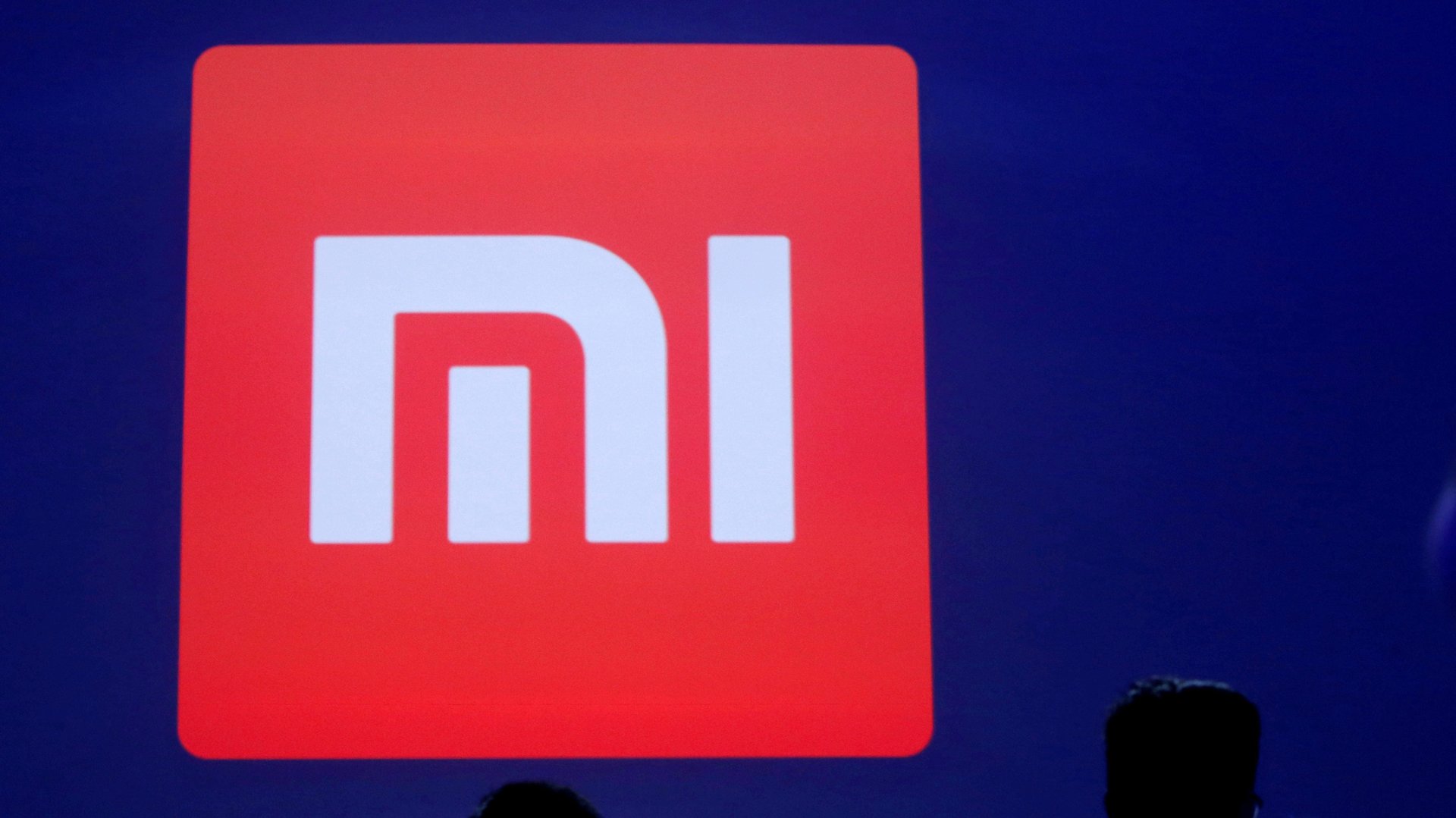At a recruiting event, a Chinese tech exec tells Japanese majors they should make porn instead
Xiaomi, one of the world’s biggest smartphone brands, has come under fire over remarks from an executive who suggested that female students studying Japanese should get involved in pornography.


Xiaomi, one of the world’s biggest smartphone brands, has come under fire over remarks from an executive who suggested that female students studying Japanese should get involved in pornography.
Qin Tao, head of Xiaomi’s innovation department, made the comments during a campus recruiting event at Zhengzhou University in central China’s Henan province on Friday (Sept. 22), according to a complaint letter (link in Chinese) addressed to the Beijing-based tech company on microblogging site Weibo. The letter was posted by an attendee who identified herself as a female student majoring in Japanese at the university. According to the student’s post, Xiaomi does not have any preference for a particular major for the marketing positions it was hiring for—however, Qin said at the event that students studying Japanese were not welcome. He was quoted as saying, according to the student:
“If you are English or Arabic majors then you can join us, because we have overseas business [in countries requiring those languages]. If you are students majoring in Japanese, then you can leave now, or I suggest you to go into the film industry.”
The implication of the joke was that those students should work in Japanese pornography—which is huge in China, despite a complete ban on pornography in the country. The letter noted that around 200 members in the audience burst into laughter over Qin’s joke.
Qin’s remarks have drawn strong criticism on the Chinese internet. A Chinese student who graduated with a major in Japanese wrote on Q&A site Zhihu (link in Chinese) that Qin’s comments reminded her of men who ask her if she knows the meaning of yamete—a standard way of saying “stop it” in Japanese porn—to “satisfy their little fantasies.”
Xiaomi issued a statement (link in Chinese) yesterday (Sept. 24) on Weibo saying that the company has disciplined Qin for his “inappropriate remarks” and will make sure similar incidents don’t happen again in the future. A day earlier, Qin also wrote an apology on his own Weibo account (link in Chinese) to the students studying Japanese who were at the recruiting event.
Xiaomi is the latest in a long list of Chinese tech giants who have recently come under fire for sexism. Earlier this year, Tencent, the Shenzhen-based company behind social-media apps like WeChat and QQ, apologized after videos of female employees simulating oral sex at a staff party went viral on the internet. In July, search engine Baidu demoted a senior executive after he delivered a sexist presentation on user experience at a tech conference. Companies such as Alibaba and ride-hailing company Didi Chuxing (paywall) have also posted sexist or discriminatory job listings.